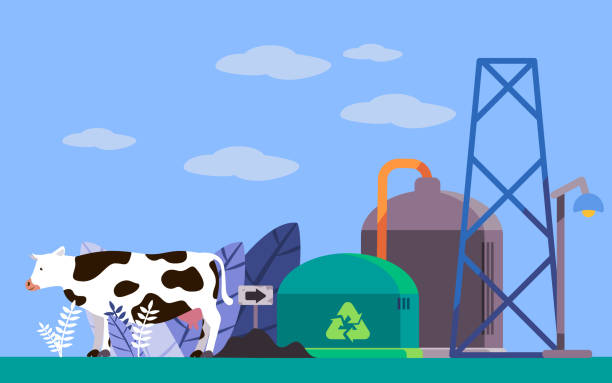The innovative use of agricultural waste to produce biogas has become a game-changer for farmers, offering sustainable energy solutions while addressing environmental challenges. Through the establishment of over 1,500 biogas units, this initiative has demonstrated the remarkable potential of waste-to-energy projects in supporting rural communities and fostering sustainability.
These biogas units empower farmers to convert agricultural waste into clean, renewable energy for cooking and heating, significantly reducing dependence on traditional fuels and cutting down harmful emissions. Beyond energy production, the process yields organic fertilizer equivalent to four tons of chemical fertilizer per year, promoting eco-friendly farming practices, reducing costs and boosting agricultural productivity, making it a win-win solution for both farmers and the environment.
The impact of this initiative goes beyond immediate benefits. By turning waste into a valuable resource, these projects address pressing environmental concerns such as waste management and carbon emissions, while simultaneously enhancing the livelihoods of farming communities.
Waste-to-energy initiatives represent a powerful approach to creating a cleaner, greener future by combining environmental stewardship with economic empowerment. Through education, collaboration, and the replication of such efforts, communities can continue to build on these achievements, fostering resilience and sustainability for generations to come.

